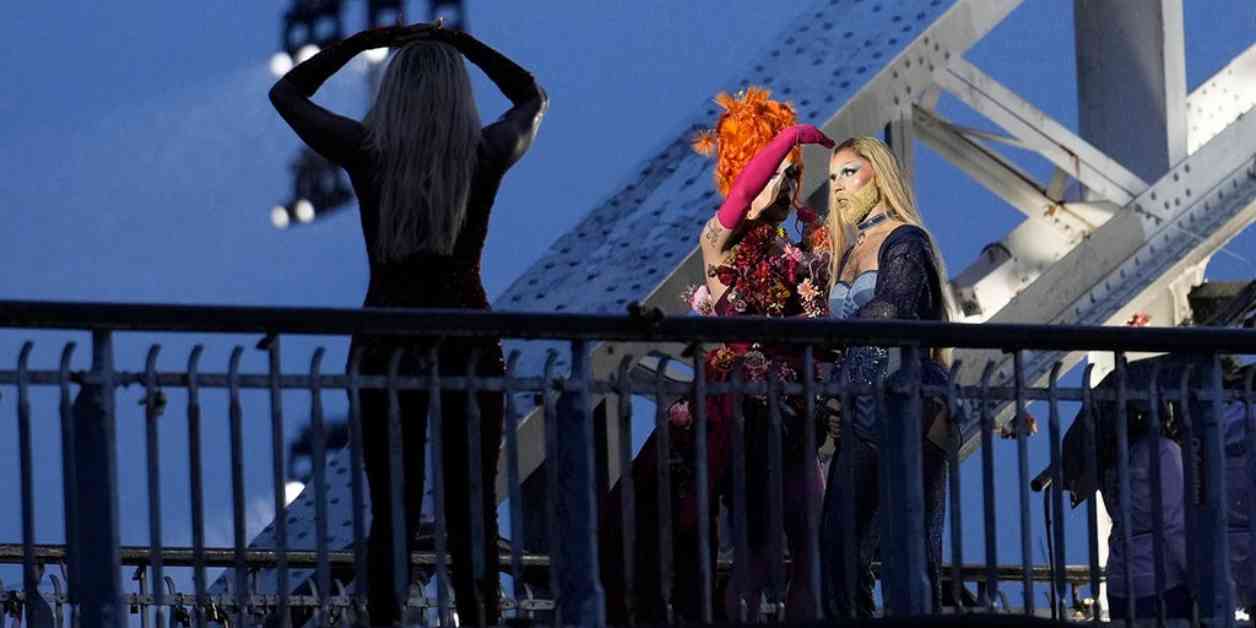The Paris 2024 Olympics opening ceremony faced criticism for its portrayal of a scene resembling The Last Supper from Christianity. The performance included drag queens, a transgender model, and a naked singer stylized as the Greek god Dionysus, which sparked backlash from various groups, including American and world leaders, Christian organizations, and athletes.
Paris 2024 spokesperson Anne Descamps defended the ceremony, stating that there was no intention to disrespect any religious group. She emphasized that the goal was to celebrate community tolerance, although she expressed apologies to anyone who felt offended by the portrayal.
Despite the attempt to promote tolerance and inclusivity, some members of the LGBTQ community in France felt that the ceremony did not accurately reflect the current societal progress. Inter-LGBT president James Leperlier highlighted the ongoing challenges faced by transgender individuals in legal processes and societal acceptance.
Criticism of the opening ceremony extended to prominent figures such as Kansas City Chiefs kicker Harrison Butker and former MLB star Roy Oswalt, who voiced their disapproval of the parody. The controversy surrounding the event has reignited discussions about the boundaries of artistic expression and religious sensitivity in public performances.
As the Paris 2024 Olympics continue, the spotlight remains on the organizers’ response to the backlash and their efforts to uphold the spirit of unity and diversity. In a world where cultural differences and beliefs often clash, finding a balance between artistic freedom and respect for religious traditions is a delicate challenge that requires thoughtful consideration and dialogue.
While the opening ceremony may have sparked controversy, it also serves as a reminder of the power of cultural events to provoke discussions and reflections on societal values. As the games progress, the focus shifts to the athletic performances and the unifying spirit of sports that transcend cultural divides and bring people together in celebration of human achievement.




